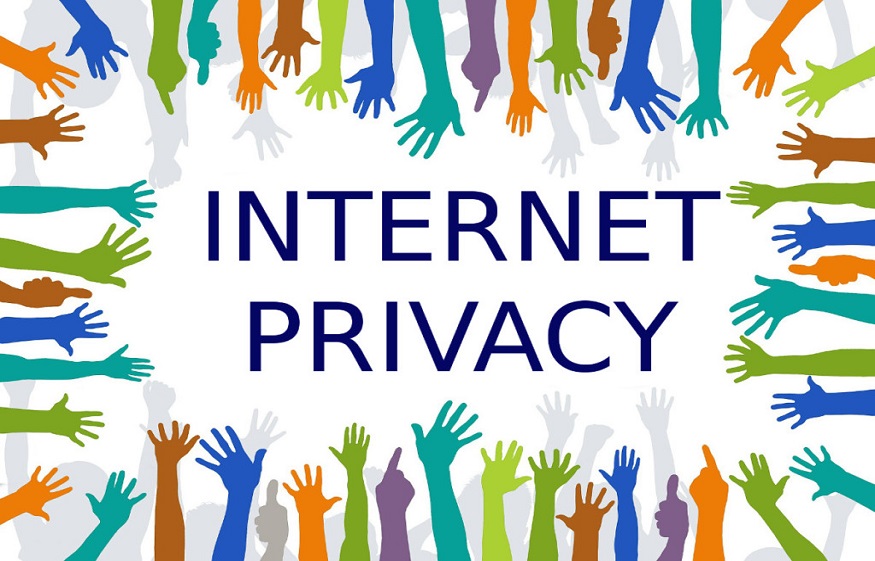What is Ransomware?
Ransomware is a rapidly developing and increasingly dangerous type of malware, or Trojan, which is used by bad actors to cripple the activities of legitimate businesses and organizations, from whom a substantial ransom is then demanded.
With their key files, data, and operating systems suddenly encrypted or otherwise made unusable these organizations often feel that they have no choice but to pay the ransom.
Fortunately, however, defenses against ransomware attacks are also progressing rapidly. And there are now many steps that can be taken both to prevent attacks in the first place and to remove the relevant malware without paying any ransom.
Various free softwares may be sufficient to protect against the simpler kind of ransomware. But for more sophisticated attacks, the help of experts is required.
Internet and Data Privacy
Such assistance naturally comes at a considerable cost, but when it comes to ransomware, the stakes can be very high.
It’s not just a question of interference with the day-to-day operations of your business. Attackers may also gain access to, and threaten to publish the personal and financial data of you, your family, and, perhaps even more importantly, your customers.
Depending on the type of business, the commercial and liability implications of such data breaches can be enormous and even fatal.
The protection of your and your customers’ internet privacy must therefore be a key consideration when planning pre-emptive defenses against ransomware attacks.
Protecting Your Identity Online
When considering how to protect your identity online there are a number of simple steps you can take.
Perhaps surprisingly, much identity theft originates from old-fashioned, offline means. Criminals are happy to exploit any discarded physical information they can find which may include paper records that reveal names, addresses, bank account details, or credit card numbers.
This information may form a crucial part of a jigsaw by which hackers can build up a complete picture of their targets. The meticulous shredding of all such physical information is therefore vital to your protection.
The Vital Need for Self-Protection
Secondly, as obvious as it may sound, it’s essential that you keep a close watch on all transactions going through your bank and credit card accounts, be they personal or business.
In these days of multiple accounts, it’s all too easy for dishonest transactions to be overlooked, particularly as hackers become more adept at disguising them.
A sudden surge in SPAM emails or unsolicited financial offers may also be evidence that you have fallen victim to an online “phishing” attack.
Other Online Privacy Issues
No legitimate financial institution will ever ask you to reveal or confirm your personal details by email.
But there are many other online privacy issues and ways in which both legitimate businesses and bad actors are constantly gathering information about you.
Cookies will be collected by almost every site you visit and have generally been used for innocent, albeit sometimes annoying, advertising purposes
Now, however, they are increasingly being integrated with location finders and social media platforms to form a complete picture of your lifestyle and purchasing habits.
Sold as database packages to third-party organizations these pictures can be of enormous commercial value and a considerable threat to your internet confidentiality.
And, if like so many, you’re also using the internet to participate in the online dating scene, you also need to be keenly aware of the potential threat to your tinder privacy.
Contact Us
Taking proactive measures to protect yourself against ransomware and other threats may seem like an unwelcome distraction from the day-to-day running of your business and the enjoyment of your life.
But it’s far preferable to incurring the cost and inconvenience of reclaiming a stolen identity, much less repairing a disabled business.
Expert advice can greatly expedite the protection process. So why not visit us today to learn the seven simple steps to online privacy.

